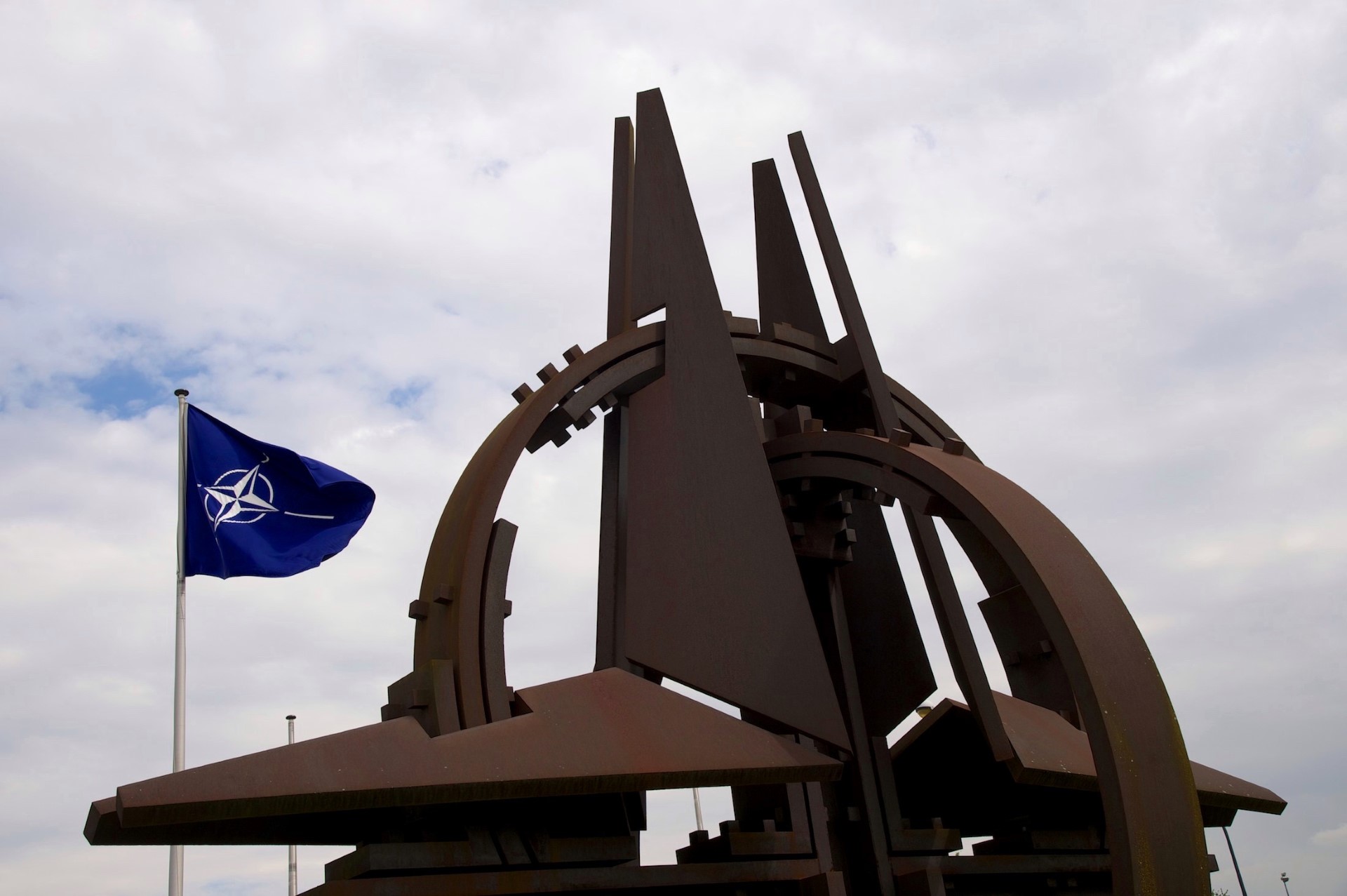
For Better or For Worse

In
It took Belgium two world wars to understand that its international and territorial security could only be guaranteed through alliances and unions with like-minded nations. Since the end of the Second World War, multilateralism has been ingrained in the DNA of Belgian foreign policy.
*****
For Better or For Worse
It took Belgium two world wars to understand that its international and territorial security could only be guaranteed through alliances and unions with like-minded nations. Since the end of the Second World War, multilateralism has been ingrained in the DNA of Belgian foreign policy. You will find few, if any, European or global governmental organizations where we are not a member or even a founding father. This stance based on loyalty and solidarity with partners and allies has proven beneficial for us since the end of the Second World War. No other societies in world history, like our Western European societies, have experienced such a long period of peace, security, and prosperity.
This solidarity and loyalty in a multilateral political relationship is, of course, easy to maintain in good times. The real test of strength of an alliance or union is faced in “bad” days. Thus, the times we are experiencing today, not only on the European continent but globally.
For some, it is a somewhat painful awakening, I must note. Today, words and grand statements are no longer sufficient to demonstrate loyalty and solidarity, particularly to the EU and NATO. The false excuse that Belgium is just a small country and wants to be a “small reliable partner” to the best of its ability is becoming increasingly uncredible for our immediate partners. After all, we rank 8th (out of 27) in the EU and 13th (out of 32) in NATO in terms of gross domestic product and population. So, our perception of being “small” within the EU and NATO is a self-imposed illusion. There are 19 members states or allies that are “smaller.” Our European and North Atlantic partners, therefore, expect much more from a relatively wealthy and populated country like ours.
To illustrate what is expected in terms of land forces: at the end of the Cold War, our country could deploy 50,000 military personnel within a few days on our eastern flank. In March 2022, we were able to deploy a mere 500 military personnel on our eastern flank within 10 days, pulling out all the stops. Our NATO partners are now asking Belgium through the NATO Defence Planning Process to be capable to deploy 5,000 army personnel in support of the alliance in the near future. This is fundamentally an obligation that was politically agreed upon as a member of the club. An obligation that we must fulfill in a loyal and solidary manner. For better or for worse.
Our peace, security, and prosperity is a result from being strong together within the Alliance and the Union. There is prosperity thanks to security and peace. Not the other way around. Weakening the Alliance and the Union is therefore harmful to the prosperity and security of every member. And our country, Belgium, is gradually becoming the weakest link militarily and economically, with prospects of remaining so for several more years. This is a particularly worrisome trend, considering the painful realisation that the headquarters of both organizations are in our capital. This implies a special responsibility towards EU and NATO.
As we approach the elections, I can only recommend that as a country, we discard the self-imposed inferiority complex. We should accept and adhere to the financial and economic rules of the clubs that have brought us peace, security, and prosperity since the Second World War. To be clear, these are not dictates imposed by supranational organizations but decisions of NATO and EU government leaders and heads of state, including the Belgian government leader. Therefore, we must continue to reinvent ourselves militarily in line with the goals set by our partners. Don’t forget that the Treaty of the European Union also includes “an obligation of aid and assistance by all the means in their power” in the event of aggression by a third party against a member state. This is significantly stricter than NATO Article 5. Therefore, we must be especially aware that our peace, security, and prosperity are not taken for granted. I admit, in election times, this is a challenging political message to bring in a campaign. But it is the only correct one that would demonstrate statesmanship. Loyalty and solidarity for better or for worse. That is the ultimate litmus test for a political union or alliance.
(Photo credit: Flickr)